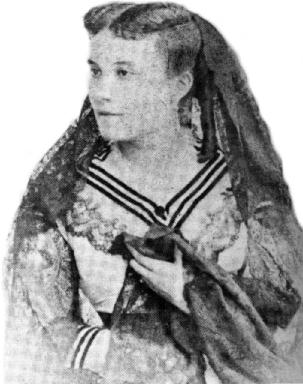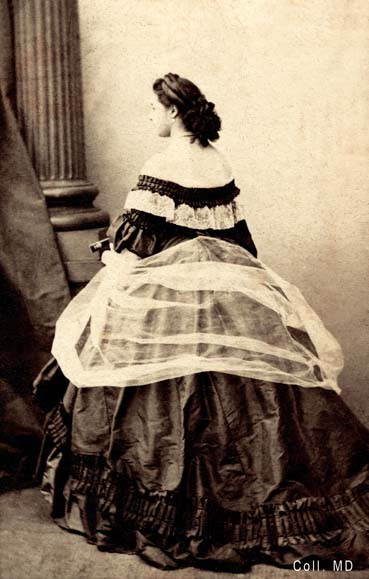Païva, 1819-1884
Enlarge text Shrink textEsther Lachmann (French: [ɛstɛʁ laʃman]; better known as La Païva (French: [la paiva]); 7 May 1819 – 21 January 1884) was the most famous of the 19th-century French courtesans. A notable investor and architecture patron, and a collector of jewels, she had a personality so hard-bitten that she was described as the "one great courtesan who appears to have had no redeeming feature". Count Horace de Viel-Castel, a society chronicler, called her "the queen of kept women, the sovereign of her race". Rising from modest circumstances in her native Russia to becoming one of the more infamous women in mid-19th-century France to marrying one of Europe's richest men, Lachmann maintained a noted literary salon out of Hôtel de la Païva, her luxurious mansion at 25 avenue des Champs-Elysées in Paris. Completed in 1866, it exemplified the opulent taste of the Second Empire, and since 1904, it has been the headquarters of the Travellers Club. Lachmann also inspired the character of the promiscuous, traitorous spy Césarine ("a strange, morbid, monstrous creature") in Alexandre Dumas, fils's 1873 play La Femme de Claude.
Read more on Wikipedia >
 Personality
Personality






